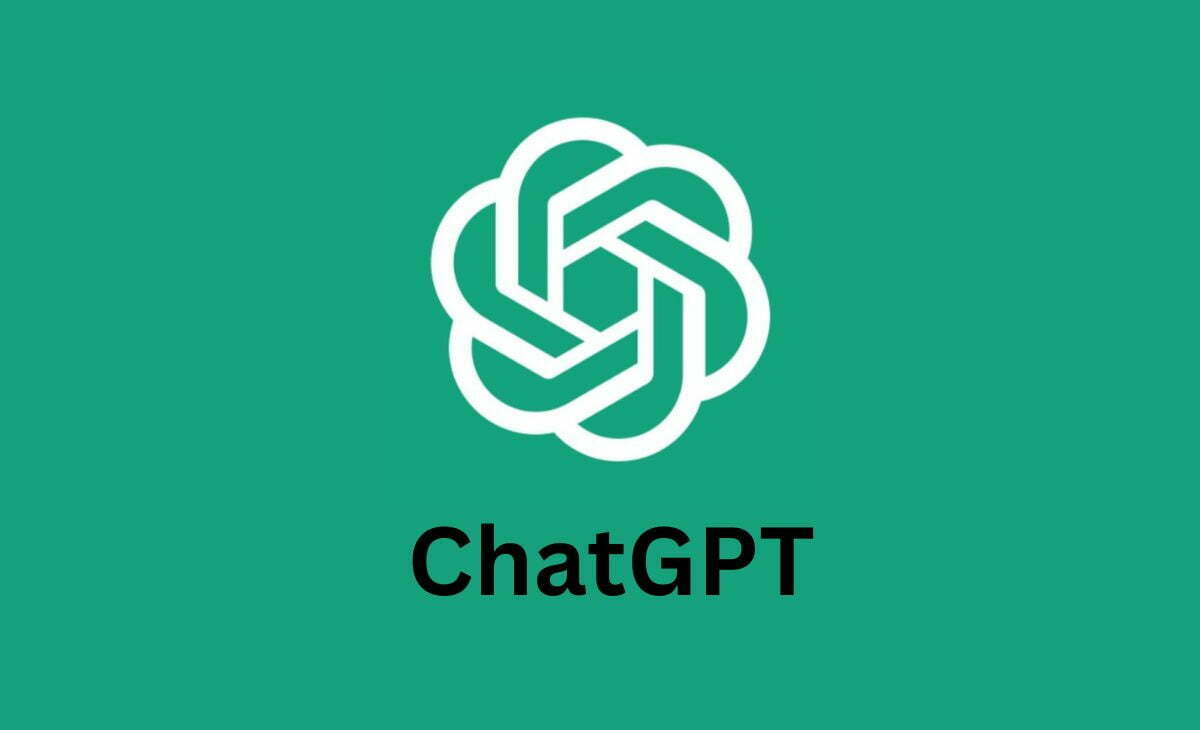With the help of ChatGPT, an AI-powered natural language processing tool, you can communicate with the chatbot in a variety of ways that are human-like. The language model may help you with things like writing emails, essays, and code as well as provide answers to your inquiries. Without a question, ChatGPT is a fairly amazing artificial intelligence technology. The AI bot, however, might damage people in the real world. It is important to take into account the model’s capacity to propagate false information and create biased material. Based on the conversation’s context and tone, ChatGPT can produce answers. This elevates ChatGPT above chatbots in terms of customization and sophistication.
Launched on November 30, 2022, ChatGPT quickly garnered popularity for its thorough and intelligent responses covering a range of subject areas. However, one significant flaw has been its propensity to confidently deliver false information. With over 100 million users by January 2023, it had established itself as the consumer software program with the fastest rate of growth in history, helping OpenAI reach a US$29 billion valuation.The launch of ChatGPT has sparked competition in the industry, resulting in the rapid development of Google’s chatbot Bard, which was initially based on LaMDA and then on PaLM, as well as Meta AI’s foundation model LLaMA, which acts as the cornerstone for other chatbot inventions.
Features:
ChatGPT is flexible even though its primary job is to resemble human conversationalists. It can create music, teleplays, fairy tales, and student essays, write computer programs and debug them, mimic the mannerisms of famous CEOs, write business pitches, write poetry and song lyrics, translate and summarize text, emulate a Linux system, simulate entire chat rooms, play games like tic-tac-toe, and simulate an ATM. Depending on the test, it can also answer questions at a level above the average human test-taker. Much like a ghostwriter, which assists in crafting academic works with precision and expertise, ChatGPT leverages extensive training materials to deliver accurate and relevant outputs. These materials include man pages, details about internet phenomena like bulletin board systems, and knowledge on numerous programming languages.
Compared to its predecessor, InstructGPT, ChatGPT makes an effort to lessen negative and dishonest comments. In one instance, ChatGPT acknowledges the counterfactual nature of the question and frames its response as a hypothetical consideration of what might occur if Christopher Columbus came to the U.S. in 2015. It does this by using information about Columbus’ voyages and facts about the modern world, including modern perceptions of Columbus’ action. In contrast, InstructGPT accepts the premise of the prompt “Tell me about when Christopher Columbus came to the U.S. in 2015” as being true.
ChatGPT remembers just a few of the earlier cues that were given to it throughout the same conversation, unlike the majority of chatbots. According to media speculation, this will make ChatGPT possible to employ as a customized therapist. Queries are reviewed by the OpenAI “Moderation endpoint” API (a distinct GPT-based AI), and potentially offensive prompts are eliminated, preventing offensive outputs from being given to and produced from ChatGPT.
OpenAI declared in March 2023 that it would accept ChatGPT plugins.This contains both third-party plugins created by developers like Expedia, OpenTable, Zapier, Shopify, Slack, and Wolfram as well as OpenAI-made plugins like web browsing and code interpretation.
